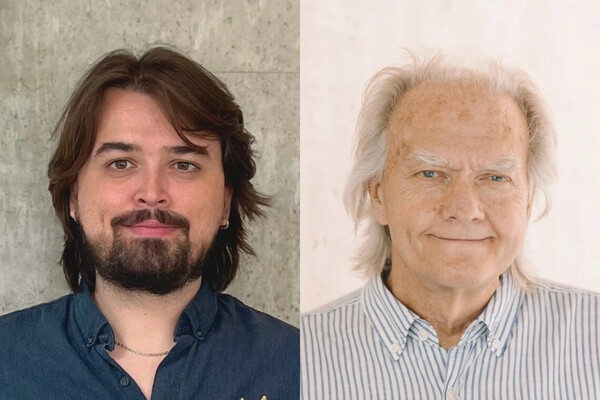Mobile Menu
- Education
- Research
-
Students
- High School Outreach
- Undergraduate & Beyond: Community of Support
- Current Students
- Faculty & Staff
- Alumni
- News & Events
- Giving
- About

A new study from the University of Toronto’s Temerty Faculty of Medicine has revealed that a curriculum-embedded graduate professional development (GPD) program significantly enhances career skills and confidence among graduate students.
The findings, published today in PLoS One, underscore the importance of comprehensive career guidance and transferable skills in today's competitive job market.
Initially piloted in 2012 in the department of biochemistry, the GPD program has since expanded to six departments at Temerty Medicine, offering career-related activities, discussions, presentations and networking opportunities. The curriculum was developed by Nana Lee, the program’s co-founder and director and a professor of biochemistry, who has long been dedicated to preparing students for success beyond graduate school.
The study, led by Lee and physiology professor Helen Miliotis, was conducted with 10 cohorts of students before and after participating in the GPD program and aimed to fill the gap in research on graduate students' perceptions of career programming.
"Course evaluations show us that students value the GPD program, but these evaluations don’t tell us why," said Miliotis, who is also the GPD lead in physiology. "Gaining insight into what specifically makes the program successful can help us continue to provide top-notch curriculum that sets up students for long-term career success."
The study results highlight the program's effectiveness in equipping students with communication and networking skills and revealed that students feel more confident and prepared to enter the workforce after completing the program.
For alumni like Erum Razvi, the program's impact extends beyond career skills and exploration.
"This course changed my life," said Razvi, who participated in the program as a master's student in 2014. "My self-confidence increased dramatically; the difference was night and day. I discovered my own self-worth as a scientist capable of completing a PhD, and as an individual."
Now an advisor for sector innovation and programs at a non-profit organization, Razvi continues to apply the skills developed in the GPD program in her career and personal life. "Because of the GPD program, I can assert myself with grace and kindness. I know what brings me joy and what I’m good at, and I am not afraid to pursue my dreams and be uniquely me."
With the number of graduate students rising sharply and academic positions becoming more competitive, the need for such programs has never been greater.
Lee, who is herself a PhD graduate from the department of biochemistry, collaborated with then-chair and study contributing author Reinhart Reithmeier to develop the GPD program. The program's early success led to its expansion across Temerty Medicine, allowing faculty like Miliotis to contribute to its design and delivery.
“This program fosters an incredible sense of community,” said Dave Gallo, who participated in the first GPD cohort. “I’m still connected with many of my peers from that time, thirteen years later. Those relationships are invaluable.”
Today, the GPD program is open to graduate students in biochemistry, immunology, molecular genetics, medical sciences, physiology and pharmacology/toxicology. Additionally, interdepartmental workshops and one-on-one consultations are available to students from any department within Temerty Medicine.
Lee and Miliotis are excited to continue offering the GPD program and look forward to expanding their research on its impact.
"We want to instill a sense of agency in students," said Lee. "We want them to graduate knowing they have what it takes to create a fulfilling career that meets the needs of today’s job market and aligns with their personal values and strengths."

